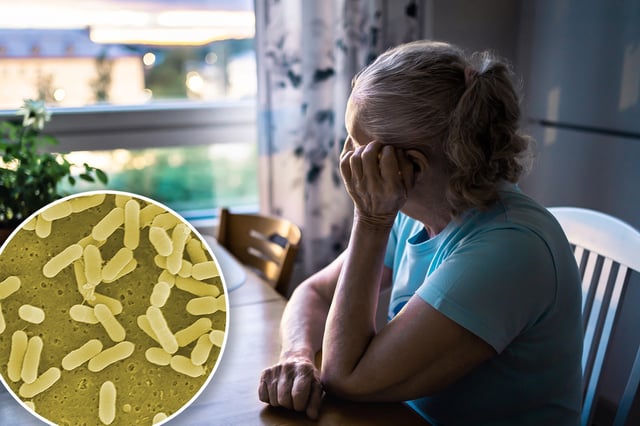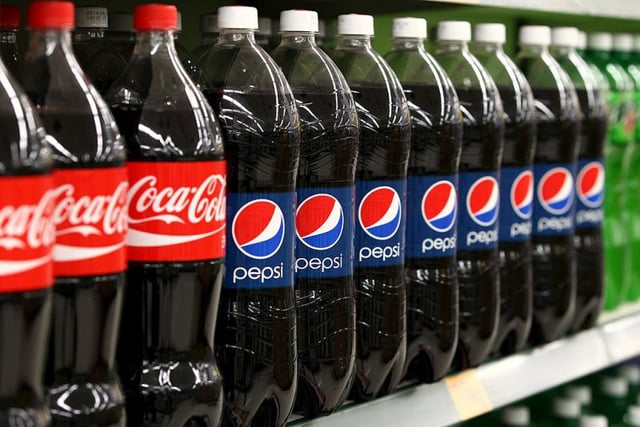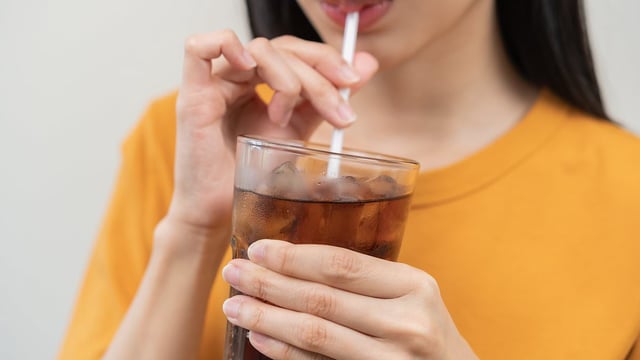Overview
- Peer-reviewed results from 932 adults in the Marburg–Münster Affective Cohort show higher soft drink intake correlating with a diagnosis of major depressive disorder and greater symptom severity.
- The association was stronger in women, whose higher intake corresponded to about 17% higher odds of depression (odds ratio ≈1.167) and worse symptom scores.
- In women, greater intake aligned with increased abundance of the gut bacterium Eggerthella, which mediated a small portion of the association (about 3.82% for diagnosis and 5.00% for severity).
- Men showed neither a significant link between soft drink intake and depressive symptoms nor a clear increase in Eggerthella in this cross-sectional dataset.
- Authors recommend incorporating dietary assessment and reducing soft drink consumption in clinical and public-health efforts, while emphasizing that causality has not been established and requires experimental studies.



